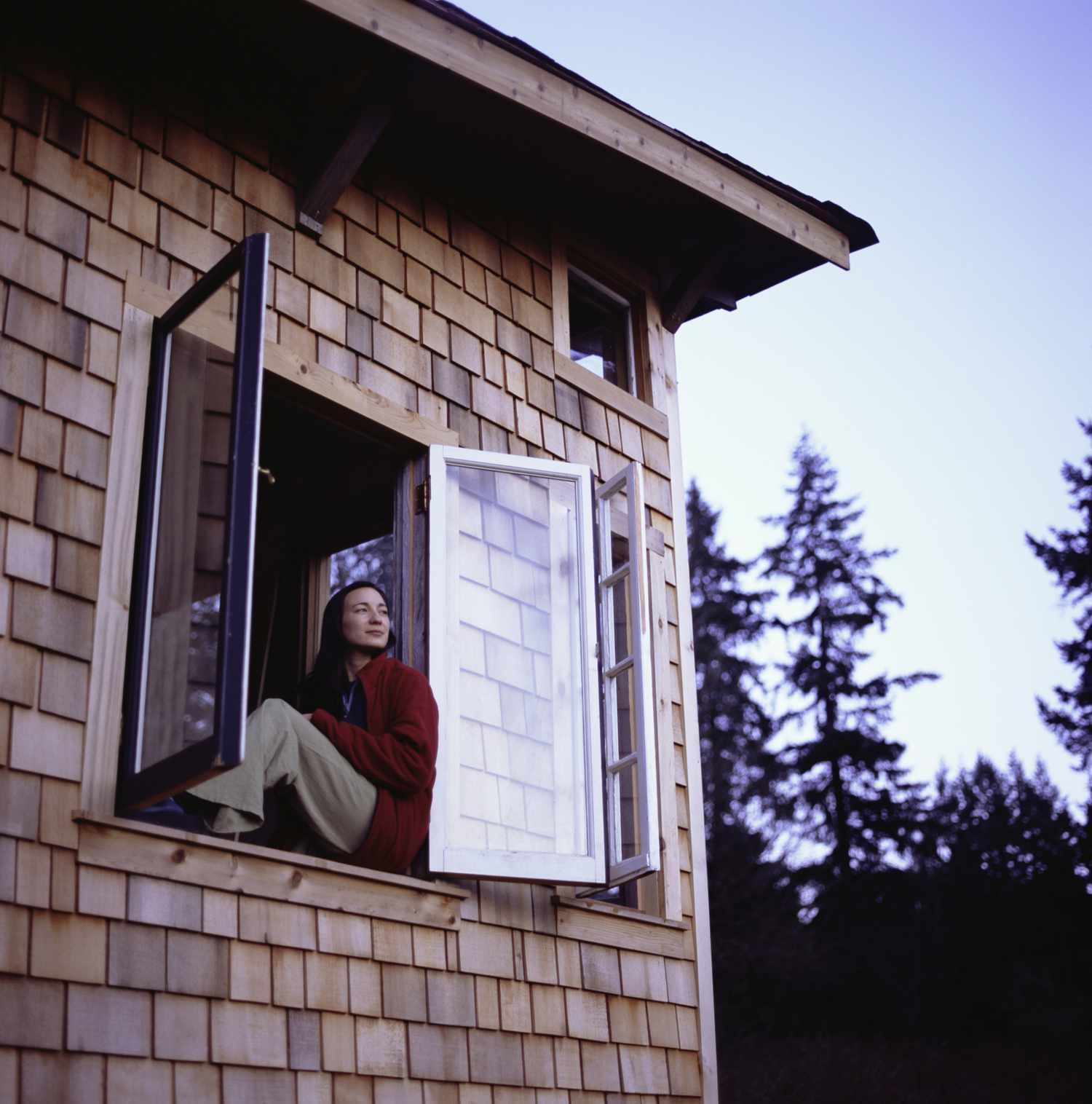In the U.S., buying a home usually means you’re entering into a freehold. This means you’ve bought your home—and its land—and once you’ve paid off the note, it’s yours free and clear. But not everyone does it that way. Leaseholds, which are common in the U.K. and some U.S. states, grant long-term residents greater rights to the real estate than a standard lease does—but the land is nevertheless owned by someone else. Let’s take a look at leaseholds, freeholds, and the differences between the two.
What’s the Difference Between a Freehold and a Leasehold?
| Freehold | Leasehold |
| You own the land and everything on it without restriction | You own the dwelling on the land, but not the land itself |
| Length of ownership is indefinite | Length of ownership is determined by lease |
Ownership
The biggest difference between a freehold and a leasehold is who maintains ownership of the land or ground. A freehold is a right of title to land and all the property affixed to it. This is common in the U.S. when purchasing a home; you’re buying both the house and the ground that it rests on.
An example of this would be you and your family buying a home in California in a residential suburb. When the real estate transaction closes, you’ll receive the title to both the house and the physical land upon which it sits.
Leaseholds, meanwhile, are a type of leased property. These agreements tend to last longer than a typical lease agreement on an apartment, for example, and they have a fixed end date.1 When entering into a leasehold, you are able to build and own property that is affixed to the land—that is to say—you’re able to build your own home on the property that will belong to you when the lease ends.
This is common outside the U.S., although some states, such as Arizona, still employ this type of housing. Let’s say that you’re looking to purchase a property in Scottsdale, Arizona. Leaseholds are common in this part of the country, and you’re wondering whether it’s a good option for you. Since you aren’t actually buying the land that sits under the house, however, prices are lower and much more affordable. You opt to buy the house and enter into a lease on the property for a duration of 99 years.2
One important note to consider is that you can choose to buy and sell leaseholds on the open market. You’ll simply need to remember that the land itself is held by the landlord and you’ll need to renew your lease when it expires or risk needing to move your house altogether.
Note
You’ll also find leaseholds in places such as U.S. national forests. The Recreation Residence Program issues special use permits to those wanting to occupy cabins on national forest land. The permits are renewed every 20 years.3
Occupation
It may seem like common sense that when you buy a home, the dwelling and the land it sits on are yours for good. This is certainly the case with freeholds, in which you own the property and everything on it without stipulations. More specifically, you own your home and land for an indefinite period of time.
Leaseholds, on the other hand, are long-term leases. This means that they’ve got a fixed end date, whether that’s in 10, 20, or even 120 years from now.
Which Is Right For You?
So which is right for you, a freehold or a leasehold? This will mainly depend on where you live and whether both are an option for you.
A freehold may be a good option for you if…
You want to own your property and the land it sits on without restriction. This means that once it’s paid off, it’ll belong solely to you—and no one can take that away. Freeholds are common in the U.S., so it’s more likely that these are what you’ll find in your area.
A leasehold may be a better option for you if…
You’re looking for affordability when buying a home. Leaseholds can be much cheaper than freeholds since you aren’t purchasing any land. This can be a boon for you, especially when your mortgage loan—such as an FHA loan—comes with a maximum loan limit.
Note
A landowner must renew your lease for you to continue with a leasehold beyond its end date. If they choose not to, you won’t be able to stay on the property. This may be less of a concern when the leasehold extends to 99 years or more, but if you’re purchasing a leasehold without much time remaining, you’ll want to be sure you have the option to renew the lease.
The Bottom Line
In the end, the decision whether to get a freehold or a leasehold comes down to you. If you’re looking for a more affordable option or are in a location with few freeholds available, a leasehold may be a good choice. If you’re otherwise wanting to own both a home and land and can afford the cost, a freehold could make sense for you.
Frequently Asked Questions (FAQs)
What does it mean to be a freehold tenant?
The owner of the freehold may opt to rent out their property to a tenant, thus becoming a landlord to a freehold tenant.
What is a less-than-freehold estate?
A less-than-freehold estate is another term for a leasehold estate.
What are leasehold improvements, and who pays for them?
Leasehold improvements are improvements to the property that is being leased. Either the tenant or the landlord can pay for them, depending on the agreement.
What is a leasehold business?
If you opt for a leasehold business, you’ll own the right to operate your business in the building and on the land you’ve purchased for a specified amount of time.





